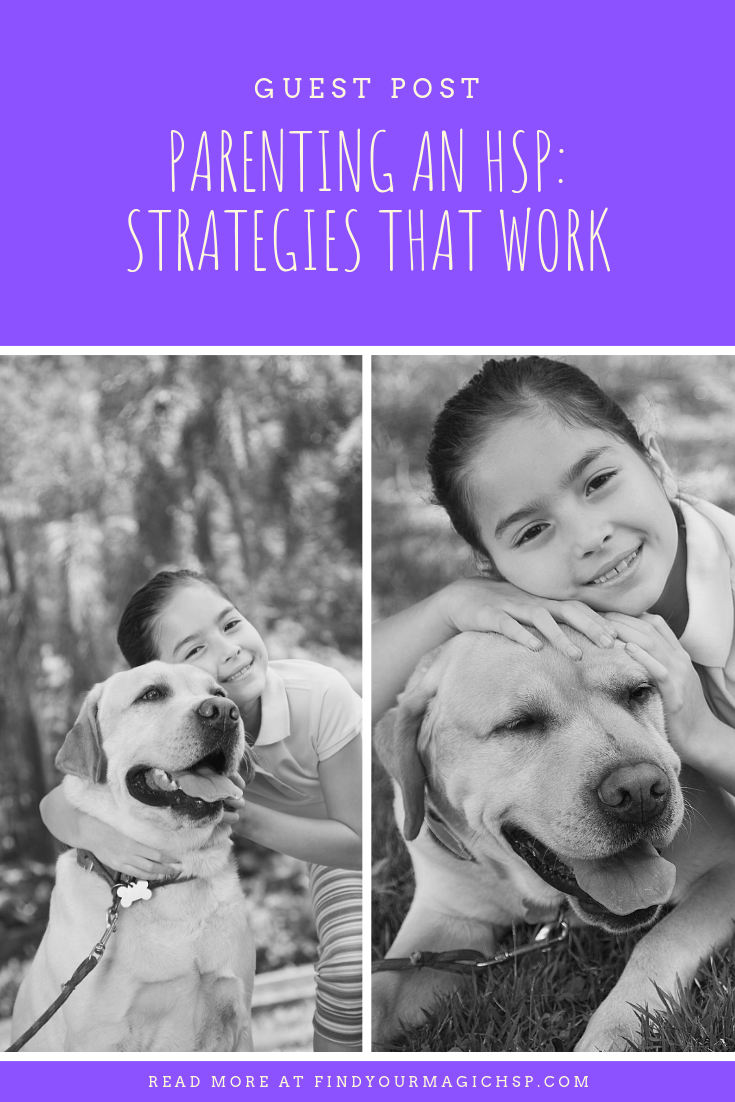
Written by: Amy Cerny Vasterling
My daughter was 6 years old when she came home from half-day kindergarten and looked at me and said, “Mom, I’m overwhelmed.” I had many choices with what to do next. I stood there and paused, as a true introvert does. Then I looked at her and asked her what she felt would help. This is when I could see her pain, I could see distress written all over her face like Charlie Brown in the cartoons where the rounded lines are drawn on the outside of his eyes to emphasize his distress. It is important to realize as introverts we tend to stop in place of rolling over the child and consider their situation. Parents also tend to “fix or solve” their child’s situation when they are struggling. However, with an introverted child what I’ve found is they “already know” what to do, the problem is they need help creating space from the feeling to know how to resolve it themselves. I then reached for a skill I learned from Love and Logic, a parenting model I feel keeps the child’s full power throughout their childhood right into adulthood. I acted as her advocate stating, “Some kids might sit and draw, some kids might read books in their room alone with the door open or closed and some kids might sit in the yard and just be. I knew which one she’d choose and popped it in there because I know her. You can do the same with your child by choosing three things they might choose or one thing that is a sure thing. She got a spark in her eye and looked at me and said, “I’ll go read.” Then I looked at her and said, “Your brother and I are going to make lunch. We’ll eat when we’re ready and if you’re not there by the time we’ve finished I’ll leave your lunch for you in the fridge for whenever you’re ready. This is another key element is introverted kids need the space to process for as long as they need. If we as parents create space through respect like is in this example, it often helps kids respond and release the overwhelm more quickly because kids are already more resilient than adults. 10 minutes later she joined us at the table to eat her lunch and was her spunky self once again. Its important parents are expectation-free in the situation. I could have said, go read until lunch and expected my daughter to join us but in hindsight, I choose what I saw as the right approach putting the control in her hands. This has paid off more times than you can imagine and even worked with kids I barely know. If you put it on their terms what transpires might just surprise you. Let’s face it adults often come home from work and need time to decompress, in the case of my daughter, a social introvert nothing changes. If there is too much stimulation they need time to process it and decompress. If they can learn as young ones through the parent setting up trial and error examples like the one above, I believe they'll manage how to consider themselves in each situation and you’ll raise a child who very well knows when to say yes to something and when to say no. This might just include all the way to knowing if a job is right for them or feels wrong. This child I’ve written about is now 17 and has written and published hundreds of pages, runs a writing club at her school, holds a good part-time job while managing a heavy class-load. She doesn’t sweat the small stuff and doesn’t do what I call “Jumping Through Hoops” which I attribute to the cause of the exceptionally high levels of anxiety in our children these days. While who knows where she’s headed on her journey, she’s learned to manage her energy, rising amply to occasions in a delightful way when she needs to and takes very good care of her energy too. To all parents of an introvert, sensitive, intuitive child, I understand, I am also this child, an INFJ just like my daughter, with a very odd mix of ability to public speak and then hide away and write, coach and teach. Amy has been referred to as the magic parent. She is a catalyst that creates strong relationships in place of the many small actions that break them down teaching parents to trust themselves and in turn support their cognizant (introverted, intuitive, sensitive) children most fully. To Learn More Visit: http://www.intuitivepathfinder.com/parenting for questions about parenting your HPS children visit: http://www.intuitivepathfinder.com/amy-answers-questions
0 Comments
Leave a Reply. |
Highly Sensitive Person BlogAuthorLauren Archives
January 2022
|
Photo from trendingtopics

 RSS Feed
RSS Feed
